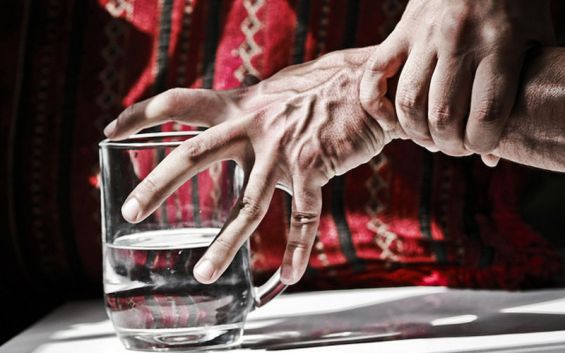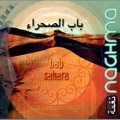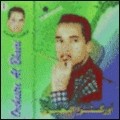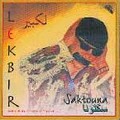It was in 2009 when «Moroccans who do not fast during Ramadan» opened up through an alternative movement of individual freedom called «MALI» on Facebook. For several years, members of the group had tried to bring media attention to their actions and rallies around the world, hoping to succeed in changing the Moroccans' attitude towards fasting and mobilizing against article 222 of the penal code.
Since then, and at the beginning of every Ramadan, the topic that outrages a number of conservative Moroccans floats to the surface. Media start covering incidents of citizens arrested for eating or smocking in public during the day.
Today, Maghreb Voices, a regional media platform headquartered in the USA and known in Morocco by Aswat Magharibiya, has published an article that sheds light on five Moroccans who do not fast during Ramadan and who are also atheists «with Moroccan names and who live with their Moroccan families».
Pretend …remain cautious
Firstly, the Arabic-language newspaper first spoke to Akrou. M who lives with his parents in Guelmim. For more than 8 years, he «experiences the same thing : feeling hungry all day long, and being forced to go to his friends’ places to smoke a cigarette». On the first day of Ramadan this year he explains : «I left home the morning to grab a cup of coffee but I was forced to go back home and sleep till 5pm. I then visited some of my Muslim friends who respect my beliefs including eating and smoking».
However, faced with the way people look at them and when some vendors refuse to sell them cigarettes during the day, Akrou ended up finding a trick for that : «carrying an insulin syringe and pretend that he is a diabetic».
Mohcine B., is another Moroccan atheist who decided to stop fasting. Living alone in Rabat, he believes that «spending Ramadan in Morocco for someone who does not believe in God is exhausting». He declared to the same source that getting supplies and food in the middle of the day is an impossible task. «Some refuse to sell you food while others ask you whether you are fasting or not. When you smoke a cigarette, you are always worried about the smell that could sneak to neighbors», he stated.
Go on holidays
Ibtissam Lachgar, co-founder of the MALI movement has also spoken out about her experience during the holy month. Those who go on vacations to other countries in Ramadan confirm that they have «no choice». «I am tired of living in hypocrisy with a bunch of people who want to play the role of a guardian», she claimed. Ibtissam explains also the fact that the creation of MALI movement has contributed in «making things get a little more complicated». «People recognize you outside and tend to insult and threaten you», she declared.
«Today, the level of religiosity has significantly increased. I never fasted in my life but before, in the 1980s, nobody interfered in the lives, choices and convictions of others».
Two of the five individuals interviewed by Aswat Magharibiya, is Fadoua N. and Meriyam A. who said that they were «against the idea of provoking the others».
Respect others
For Fadoua, the 42-year-old Rbati mother, Ramadan resembles the other days of the year.
«When I get the morning to work, I take my usual cup of coffee because I am an atheist. This does not mean that I eat in the streets trying to provoke others.I am against that.»
She confirms that she has never been annoyed by what society thinks. «My friends and my relatives respect me because I knew how to defend my choices and thoughts», she concluded.
Meriyam A. on the other hand, is fine with not drinking water and not eating during Ramadan without having to fast.
«It is rather seeing people starve during the day to overeat after breaking the fast», she said. The young woman also hopes that one day «one will be accepted in Morocco» and that «atheists will be respected and can live in peace. The solution is «respect for individual freedom and self-criticism before criticizing others», she concludes.





 chargement...
chargement...




 Pense chez toi.
Pense chez toi. 







